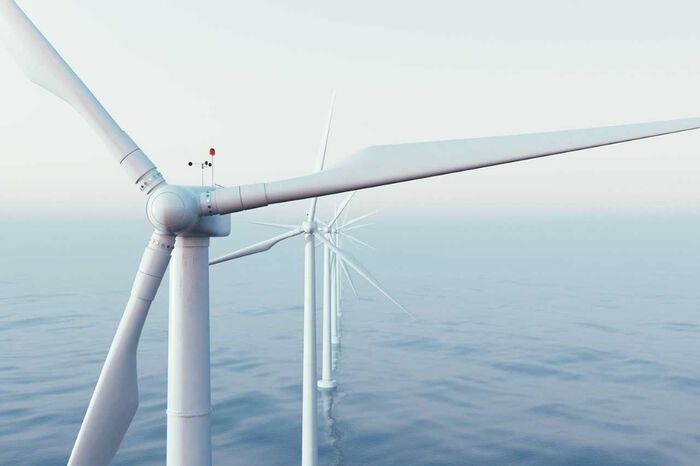Our focus is on the energy sector, and the choice between fossil fuels and carbon-free energy. Currently, fossil fuels are generally more profitable than carbon-free energy, but this may change in the future for two reasons. First, fossil fuels are non-renewable, which eventually may increase the costs of extracting and supplying fossil fuels. Second, fossil fuels are the main cause of climate change, and stronger global climate policies may therefore reduce the future profitability of fossil fuels.
What are the implications of this for the current R&D activity in the energy sector? Should R&D be directed (by the government) towards e.g., the carbon-free energy sector, or will the market by itself steer R&D activities in the optimal direction? This question has been investigated in many studies since the seminal paper by Acemoglu et al. ten years ago, emphasizing that technological progress is path dependent, as current research is standing on the shoulders of previous research. Whereas most previous studies have taken a global perspective, we take the perspective of a single country, facing international prices of energy potentially influenced by global climate policies.
Assuming that scientists are not sufficiently forward-looking (e.g., due to limited patent lifetime), we find two possible arguments for why more R&D should be directed towards carbon-free energy, e.g., via subsidies. First, we find that the more R&D into carbon-free energy we would like to have in the future, the more we should subsidize such R&D today. Second, the lower is the future profits of fossil fuels (e.g., due to stronger climate policies or higher extraction costs), the more we should subsidize carbon-free energy R&D today.
These results are derived analytically, and we supplement this analysis with numerical simulations where we find three main types of future outcomes:
i) Steady course. In this case it is optimal to keep on extracting fossil fuels, as increasing extraction cost can be counteracted by focusing R&D effort in the fossil fuel sector. This can be the case if the initial technological level of carbon-free energy is rather low relative to fossil fuels, and future climate policies remain weak.
ii) Resource curse due to global climate policy. In this case, keeping on extracting fossil fuels is not optimal as the international price on fossil fuels decreases due to stronger climate policies. However, the private companies do not shift the R&D effort towards carbon-free energy and hence extraction continues for too long.
iii) Resource curse irrespective of global climate policy. Also in this case, keeping on extracting fossil fuels is not optimal, even if the international price on fossil fuels does not decline, which could be the case if the initial technological level of carbon-free energy is not too far behind fossil fuels. Still, again the private companies do not shift the R&D effort to the clean energy sector and extraction continues for too long.
Our study emphasizes that path dependency for technological progress has important implications for R&D policies. For a country with abundant fossil fuel resources, there is a risk of a resource curse if the future profitability of fossil fuel extraction is hampered by either stronger global climate policies or higher extraction costs. If so, there may be a rationale for directing (more) R&D from fossil fuels towards carbon-free energy.
This blog post is based on the following discussion paper: Mads Greaker, Tom-Reiel Heggedal and Knut Einar Rosendahl (2022): Directed technical change and the resource curse, Discussion papers 991, Statistics Norway.





Log in to comment
Not UiO or Feide account?
Create a WebID account to comment